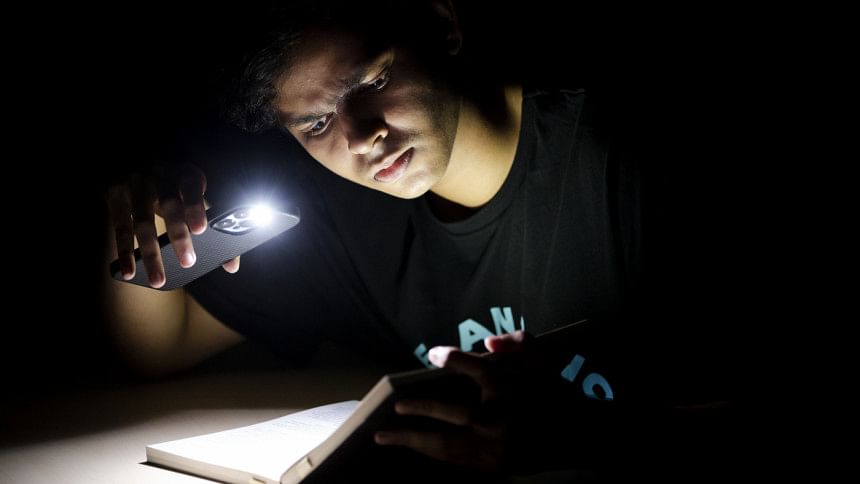How the power crisis is affecting the youth

To everyone who believed load-shedding was nostalgia fodder, 2022 has provided a harsh wakeup call. Its unwelcome reintroduction managed to create issues beyond minor discomfort or inconveniences, given how frequent the power outages have become. Much like the rest of the population, young people have been negatively affected in more than one facet of their lives, with their education bearing the brunt of the consequences.
The power crisis has aligned with the reopening of educational institutions after the pandemic, which created a myriad of problems. Most educational institutes in the country do not have backup sources of energy, like their own generator or individual IPS units. This means that students are forced to study with the suffocating humidity, which is not only extremely unsuitable for a learning environment, but it can also cause health issues like heat strokes, headaches, and nausea. While regular classes initially continued even without electricity, some institutes needed to halt them after the heat became too unbearable. While some have coped with the crisis by stopping classes altogether, others turned to online classes once again.
Electricity outages are not only disrupting studies at schools and universities, but at home, too. The heavy reliance on technology for education means access to the internet and charging outlets for devices is necessary on most days. Students are missing deadlines and postponing homework, and this time, the culprit isn't procrastination. Tasnim Haque*, a 20-year-old IBA-JU student said, "My laptop needs to be plugged in while using it, so I have to stop studying whenever load-shedding occurs. If I have urgent assignments due, I need to buy data packs to finish my work on time."
While area-based schedules were introduced to bring some order to this tedious daily phenomenon, it's followed only sporadically to no one's surprise, which ruins the whole point of a schedule. The situation is worse for prospective board examinees and admission test candidates, who require studying in a stable environment more than anyone else.
The outages are even more difficult to endure at night, since proper sleep is impossible to get without fans or air conditioning when the temperature usually climbs higher than 30 degrees Celsius.
Like everything else, social and economic imbalances make the energy shortage more intolerable for some than others. If three to four hours of load-shedding per day seemed bad enough, there are at least 21 neighbourhoods in Dhaka where the power goes out every alternate hour. Furthermore, certain areas experience gas supply disruptions for long stretches of time, which means families must either turn to restaurants or miss meals.
Apart from electricity, the price of fuel has gone up dramatically due to the gas shortage, and so has transportation costs for students. This comes at a time when the nation is already facing the price hike of basic food items in the aftermath of the pandemic. The soaring cost of living has financially constrained youths from low-income households.
The uncertain duration of the crisis makes matters infinitely worse as there seems to be no quick fix and no end in sight. The authorities should at least take steps to make the situation manageable by making educational institutions a priority while rationing electricity.
*Names have been changed for privacy
References
1. The Daily Star (October 19, 2022). Area discrimination unacceptable during load-shedding.
2. The Financial Express (October 6, 2022). Dhaka hit hard by gas crisis.
Ziba Mahdi is your resident pessimist. Cheer her up at [email protected]

 For all latest news, follow The Daily Star's Google News channel.
For all latest news, follow The Daily Star's Google News channel. 







Comments